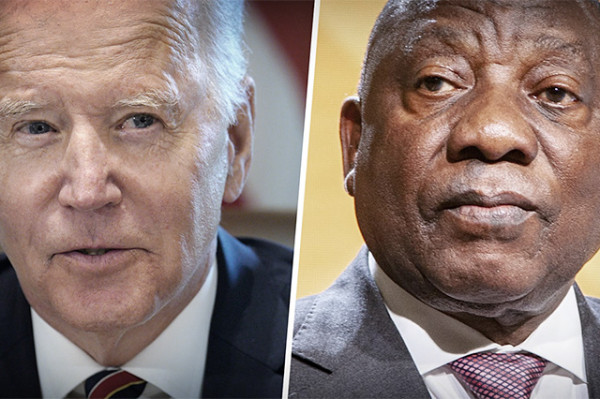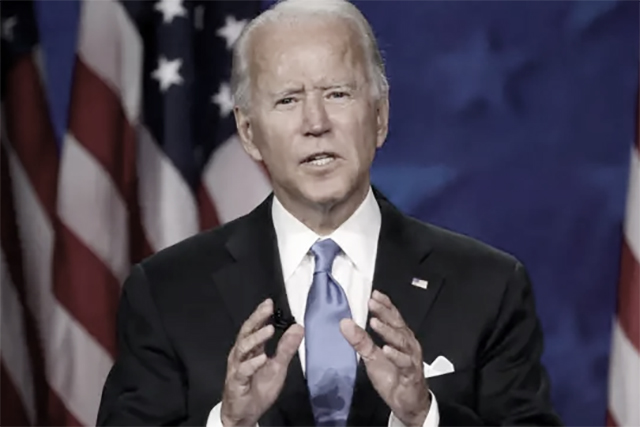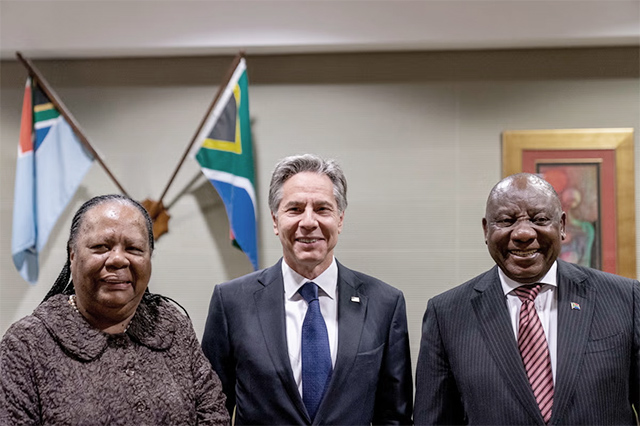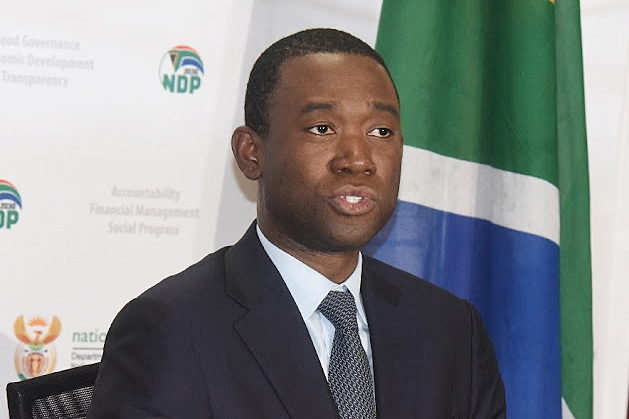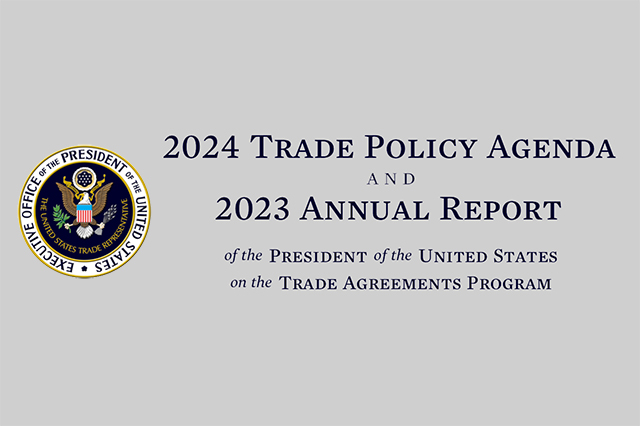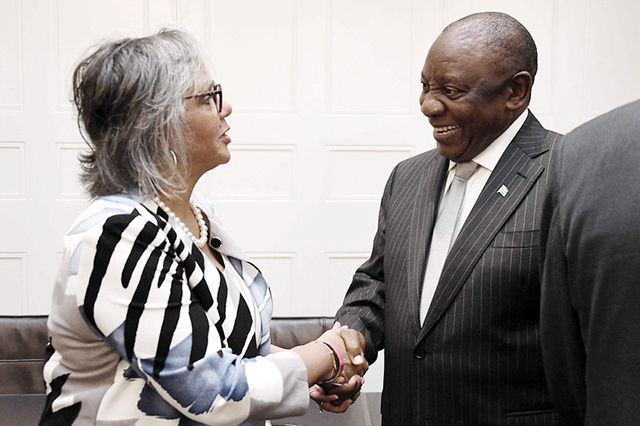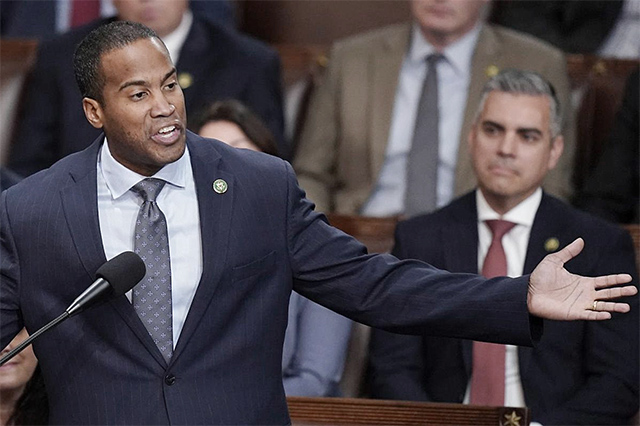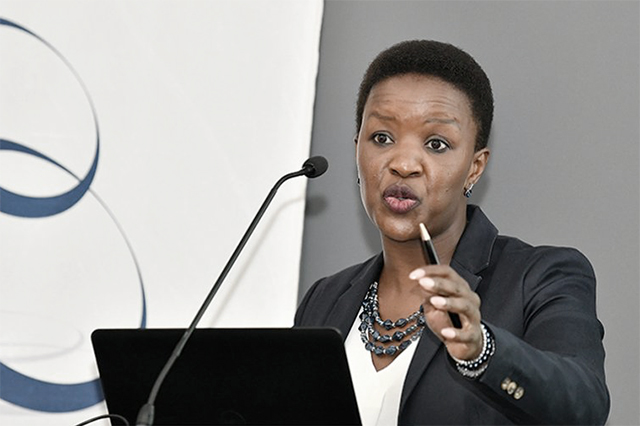Biden-Ramaphosa meeting heralds a significant shift in US policy towards Africa
President Cyril Ramaphosa is the first African leader invited to the Oval Office since the release of the Biden administration’s “US Strategy Toward Sub-Saharan Africa”. That he is meeting president Biden so soon after seeing Secretary of State Anthony Blinken attests to the importance Biden attaches to the US-SA relationship.
Biden is not going to repeat the mistake of calling Ramaphosa “my point man in Africa”, as George W Bush said of Thabo Mbeki. Unspoken, however, is the administration’s conviction that without South Africa’s understanding and cooperation, the US will find it much harder to achieve its objectives, and those of its allies, not just in Africa but globally.
At the heart of the Biden Africa doctrine is the recognition that the major challenges the world now faces, some potentially existential, cannot be addressed without Africa at the table making substantial, sovereign contributions under leaders beholden to their own people rather than the self-serving agendas of outside powers.
To this president, Africa is not a “shithole” as his predecessor instinctively believed, but 54 nations with agency whose views, actions and fortunes matter to the entire planet.
The specifics of the “US Strategy Toward Sub-Saharan Africa” are less important than the core message and the stepped-up diplomacy one can expect to follow from it. In preparing the document, the White House National Security Council consulted widely. Seventeen government agencies had input as did academics, NGOs and African embassies.
If the process was time-consuming, it was the administration’s way of reminding everyone that the confusing Trump interregnum was over and letting Washington’s various Africa-oriented constituencies feel they were being heard again.
The resulting document covers familiar bases. The themes of free speech, open societies, anti-corruption, and economic freedom have been sounded by every administration since Ronald Reagan. But it would be wrong to characterise the policy as “new wine in old bottles” as some have, or to interpret it as a prettified return to Cold War era thinking, with Africa treated as a cockpit for superpower conflict.
Sure, China’s commercial and public diplomacy engagement with the continent has been perplexing the US for nearly 20 years. Moscow’s renewed interest in Africa is seen as malign and corrupting, with Vladimir Putin’s Russia having little to offer beyond arms, mercenaries, bribes and trouble.
But the Biden administration is not predicating its engagement with Africa on a perceived need to contain or evict China and Russia. Its strategy does not treat Africa as a collection of pawns in a game of superpowers, but as respected partners in pursuit of a safer and more prosperous region, more responsive multilateral institutions and a planet consequently less threatened by climate change, pandemics, global terrorism and mass migrations.
It’s notable that the strategy gives more space for African agency in the design, implementation and metrics of US development assistance and defence cooperation programmes. The Biden administration appears to be willing to put its money where its mouth is if its generous budget increases in the Global Fund and Pepfar are any indication.
There is also a commitment to support the arsenal of initiatives developed under previous, mostly Republican, administrations such as Power Africa, the Millennium Challenge Corporation, the US Development Finance Corporation, Feed the Future, the Africa Growth and Opportunity Act, and Pepfar.
So, what’s missing? Four things, in my view.
First, no mention is made of reforming the development assistance architecture designed in the 1960s and which continues to underperform at almost all levels.
Second, too little shrift is given to private sector engagement, including, specifically, engagement between often diaspora-led US businesses and counterparts in Africa. US-Africa trade and investment has flatlined over the past 14 years. The US is still the home of creative capital and there are risk-mitigating tools that could be explored to mobilise a great deal more of it for Africa. South Africa’s private sector should be front and centre of our commercial engagement with Africa whether as a partner in the processing of critical minerals or in fully realising the vision of the Africa Continental Free Trade Agreement.
Third, I wish that there had been a great focus on engagement with US universities and research institutes. According to the Times Higher Education rankings, 19 of the top 30 research universities in the world are located in the US. For example, the University of North Carolina has collaborated with Wits in the development of rapid diagnostic tests for malaria. Baylor College of Medicine and Texas Children’s Hospital are working with the University of Cape Town’s teaching hospital, the Red Cross War Memorial Children’s Hospital in training paediatric oncologists.
Fourth, there is no overt commitment in the strategy to ramping up our engagement with Africa at the consular or commercial diplomacy level. Waiting 18 months for a business visa interview is a barrier to doing business.
All that aside, whatever its shortcomings, the Biden strategy does represent a genuine effort to reframe US relations with Africa and take them to a new and more productive level.
I hope that it will, at the very least, provide a context in which disagreements when they occur can be respectful and not get in the way of achieving shared goals. Biden’s meeting with Ramaphosa will be an early indication.
Anthony Carroll is a Washington-based lawyer, trade and investment consultant, academic and philanthropist with 45 years of experience in southern Africa.


